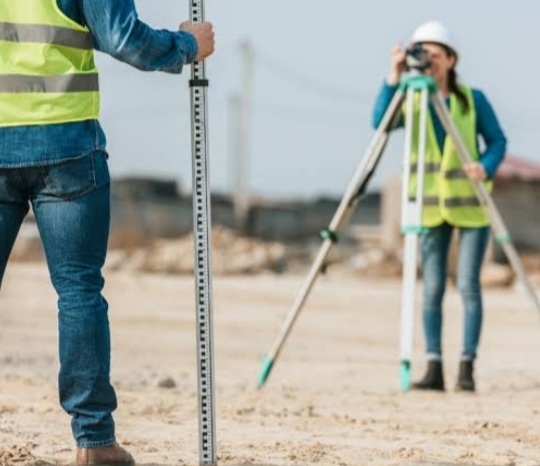Universal Partnership in South African Law
A universal partnership is a legal concept that applies to unmarried couples who live together and operate as if they are in a financial partnership. If one partner decides to leave, the court may recognize the universal partnership and order the division of assets accordingly.
How to Prove a Universal Partnership
To succeed in claiming a universal partnership, the partner seeking a division of assets must prove the following four requirements in court:
-
A Joint Commercial Enterprise
- Both partners must have contributed (financially or through effort) to a common business or financial goal.
- Example: One partner helped build or grow the other’s business or contributed to joint investments.
-
Intention to Share Profits and Losses
- There must be evidence that both parties intended to share in each other’s financial success and losses.
- Example: If one partner worked in a family business without a salary, expecting to benefit later.
-
A Mutual Benefit
- The arrangement must have benefitted both parties, even if one contributed in non-monetary ways (e.g., staying home to raise children while the other worked).
-
Valid Agreement (Express or Implied)
- The partnership does not have to be written down—it can be an implied agreement based on the couple’s conduct over time.
How Courts Handle Universal Partnership Claims
- If a court recognizes a universal partnership, it may order the division of financial assets based on each partner’s contributions.
- If a partner cannot prove a universal partnership, they cannot claim financial assets unless they are joint owners (e.g., both names are on property titles).
- Courts consider factors like duration of the relationship, financial interdependence, and joint asset ownership.
How to Protect Yourself in a Long-Term Relationship
If you are in a long-term relationship without marriage, you can:
- Sign a Cohabitation Agreement – This defines how assets will be split if you separate.
- Keep Records of Contributions – If you contribute to a joint asset (like a home), keep proof.
- Use Written Agreements for Big Purchases – Ensure both names are on property deeds or investment accounts.
Would you like advice on drafting a cohabitation agreement or handling a specific situation?










